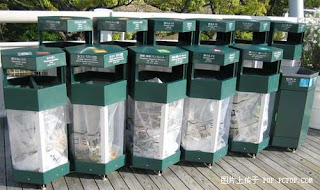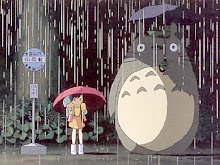
My hometown is a small county in
In my hometown, if a household appliance breaks down, most people will take it to a repair shop to fix it, because this costs much less than buying a new one. Only when it is not repairable, people will treat it as garbage, and this is when the garbage sorting will take place. To people in my hometown, garbage can be divided into two kinds. One kind can be sold to a rag man from a recycle center while the other kind cannot be sold. People always sell the recyclable garbage such as paper, cans, bottles and spoiled machines and throw the rest away. Consequently, some recyclable garbage is collected by rag men. However, sometimes recyclable garbage is thrown into dustbins beside the streets by people who do not sort garbage. A few people, who are called bag ladies, live on the garbage that is thrown away. They collect recyclable garbage from dustbins and sell it to recycle centers to earn a living. As a result, most of recyclable garbage goes into recycle centers.
In Singapore, unlike in my hometown, people usually throw spoiled household appliances immediately since the repairing fee is quite high compared to the price of a new one. In Singapore, the recycling system works more simply since recycle bins can be found everywhere. So, people in Singapore can just throw their garbage according to the types of garbage and garbage collectors will carry the sorted garbage to where it is supposed to be.
I feel the differences are caused by the disparity of wealth between the two places which appears in terms of social facilities and government policies.
My blog buddy was: guo qi.




